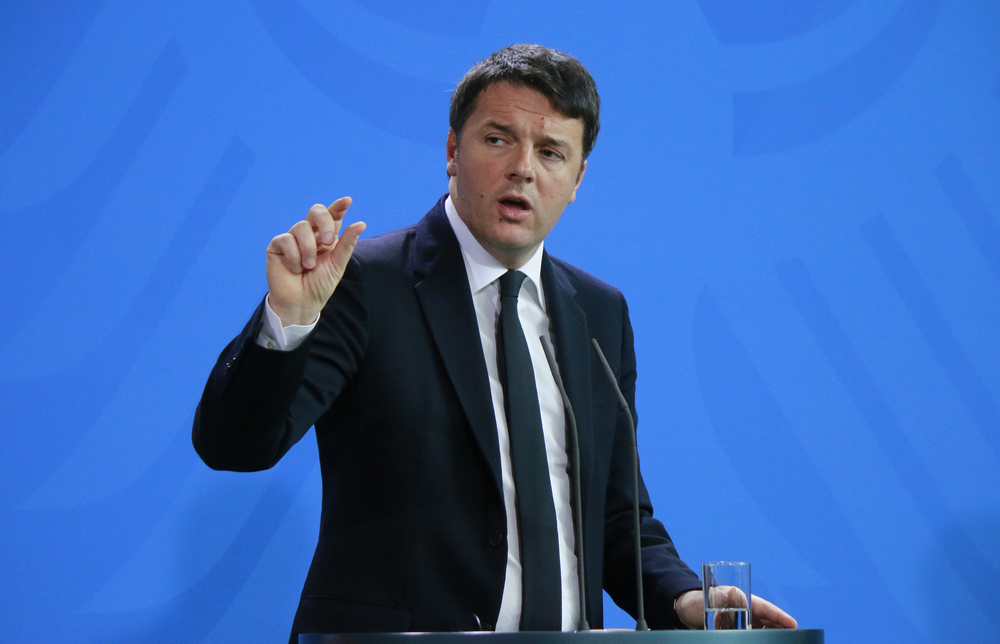Amidst the mountain of amendments being presented for Italy’s upcoming budget law, one particular proposal stands out for its personal implications: Fratelli d’Italia (FdI) has proposed a cap on foreign payments to politicians, seemingly targeting former Prime Minister Matteo Renzi. The proposed amendment, spearheaded by FdI’s Alice Buonguerrieri, suggests that politicians should not receive more than €50,000 for work done abroad. This proposal has sparked debate within the political sphere, especially given Renzi’s international ties and business ventures.
As the deadline for Italy’s budget looms, more than 5,000 amendments have been filed in the Chamber of Deputies, with both the majority and opposition parties pushing for changes. Among the proposals, many focus on tax cuts and pension increases. The right-wing coalition is advocating for further cuts to the income tax, particularly targeting the middle-income brackets, or even additional reductions for those earning over €50,000. Meanwhile, Finance Minister Giancarlo Giorgetti has expressed a willingness to discuss some of these changes but insists that the budget’s financial coverage remains unaffected.
Fratelli d’Italia has made its mark with several significant amendments, including the introduction of a €30 million “Family Fund,” aimed at providing €500 annually for each child under 14 to cover extracurricular activities and language lessons. Additionally, the party has proposed measures to boost the financing for the Metro C extension in Rome, calling for millions in new funding over the next decade. The party also seeks to strengthen financial controls over public funds by raising the threshold for mandatory representation by the Ministry of Economy in the auditing committees of entities receiving state funding.
While the right-wing majority pushes for these amendments, the opposition parties have been vocal in their criticism, particularly of the personal nature of some of the proposals. The Democratic Party (PD), along with smaller left-leaning groups, have accused the government of making targeted moves against political opponents, such as Renzi. PD members like Chiara Braga and others have denounced the “ad personam” nature of some amendments, especially the foreign payments cap. Renzi’s camp has responded by dismissing the amendment as ineffective and reiterating that they will not propose changes to it.
In addition to the personal attacks, discussions on the public sector continue to shape the debate, with calls to exclude certain categories of workers, such as military personnel and judges, from restrictions on public employment turnover. Meanwhile, members of the opposition are pushing for a range of proposals, including increasing funding for healthcare, extending mandatory parental leave, establishing a minimum wage, and restoring cuts in automotive and post-flood reconstruction funds for Central Italy. As the budget discussions intensify, it remains to be seen how these various proposals will shape Italy’s economic future.

